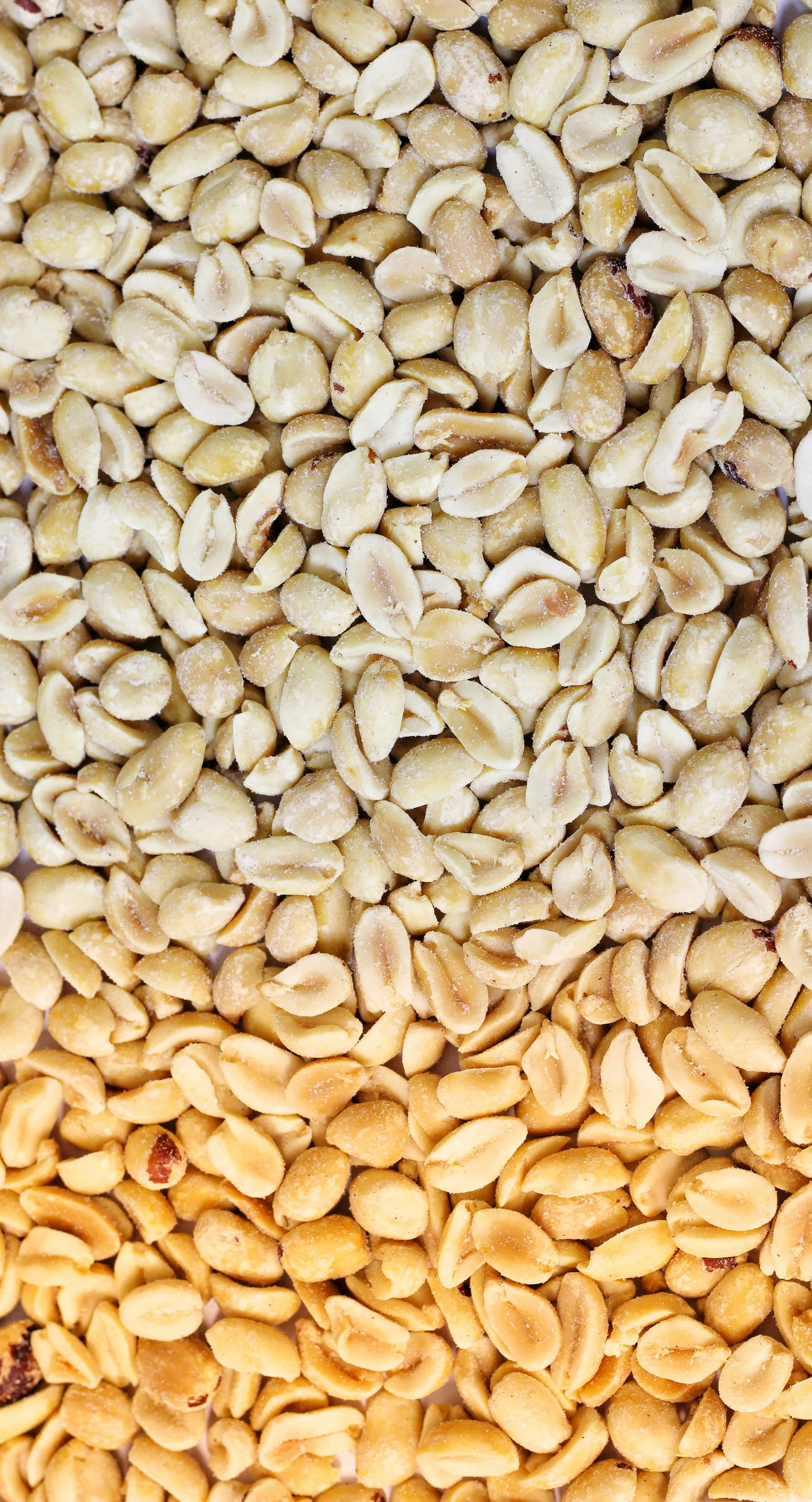If you are a peanut lover, you may wonder, "Can dogs eat peanuts with us, humans?" This topic interests many who wish to share their snack time with their furry companions. Peanuts, a staple in many households, are known for their rich taste and nutritional benefits for humans. But does the same apply to our dog friends?
Are Peanuts Good for Dogs?
Dogs can indeed have peanuts, but with certain caveats. Peanuts are not toxic to dogs like some other nuts, such as macadamia nuts. However, this doesn't mean they should be a free-for-all snack. Peanuts are high in fat, and while they contain beneficial nutrients such as proteins, healthy fats, and vitamins, they should only be given in moderation to avoid health issues like pancreatitis.
What Types of Peanuts Are Safe for My Dog to Eat?
What type of peanuts you offer to your pet is crucial. Unsalted, dry-roasted, or raw peanuts are generally safe for dogs. These peanuts don't contain the additional salts and flavorings that can harm your dog's health. It's important to ensure the peanuts are shelled, as the shells can cause choking hazards or digestive issues.
One popular peanut-based treat among dog owners is peanut butter. Peanut butter can be a great source of protein and healthy fats for dogs. However, it's vital to choose a natural, unsweetened peanut butter that doesn't contain xylitol, a sweetener toxic to dogs. A small amount of this peanut butter can serve as an excellent occasional treat or a useful tool for medication administration.
Avoid Salted Peanuts
While exploring the "peanut dog" relationship, it's crucial to stress the importance of avoiding salted peanuts. Salted peanuts can lead to excessive thirst, increased urination, and even sodium ion poisoning in dogs. The high salt content can harm dogs with heart conditions or high blood pressure. Generally, it's best to keep salted snacks away from your dog companion to ensure their health and well-being.
Check Ingredients for Xylitol
When checking ingredients for xylitol, it’s important to be thorough and cautious, as this sweetener is highly toxic to dogs. Xylitol is commonly found in various products, including sugar-free gum, candies, toothpaste, mouthwash, baked goods, and some peanut butter. It’s also present in certain diet foods and medications.
So, can dogs have peanuts? Yes, dogs can eat peanuts, but offering them the right kind and in moderation is essential. Unsalted, dry-roasted, or raw peanuts can be a healthy treat for your dog, provided they are given as part of a balanced diet. Avoid salted peanuts and check peanut butter for harmful additives like xylitol. Following these guidelines, you can safely share the joy of peanuts with your furry friend.
Frequently Asked Questions
Can dogs eat peanut butter?
Yes, peanut butter for dogs is safe as long as it's unsweetened and does not contain xylitol, which is toxic to dogs.
Can puppies have peanut butter?
Puppies can have peanut butter in very small amounts, ensuring it's xylitol-free and given as an occasional treat, not a dietary staple.
Can dogs eat nuts?
Dogs can eat certain nuts, like peanuts and almonds, in moderation, but some nuts, such as macadamia nuts, are toxic to dogs and should be avoided.



